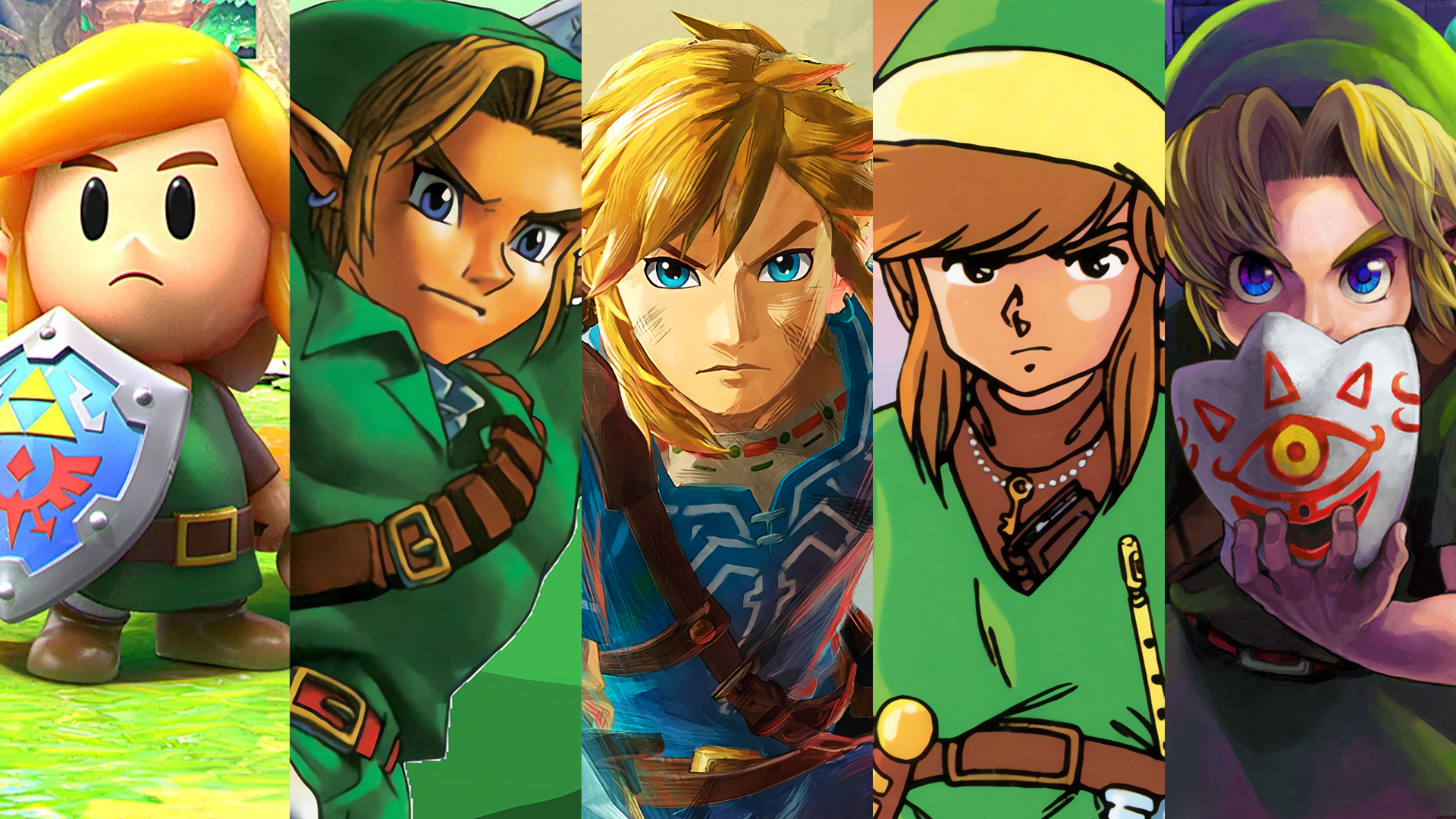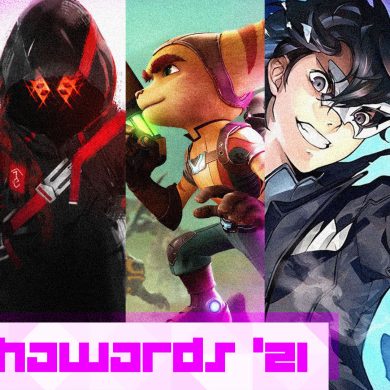
Legacy Defining...

The Legend of Zelda is one of the most influential and impactful video game series of all time. Since its initial release in 1986, the franchise has captivated gamers worldwide with its compelling narratives, memorable characters, and challenging gameplay mechanics. The Legend of Zelda was one of the first games to feature an open-world design, allowing players to explore a vast, interconnected world at their leisure. The concept has since become a staple of many video game franchises, influencing countless games across multiple genres including The Witcher, Elder Scrolls, Oceanhorn and a plethora of indie titles.
Over the years, The Legend of Zelda has become a cultural phenomenon, with a dedicated fanbase and numerous spin-off products, including manga, comics, and an animated series (EXCUUUUUUSE ME Princess!). The franchises’ iconic protagonist, Link, has become a beloved symbol of gaming, inspiring countless cosplayers, fan art, and even tattoos. Zelda’s impact on gaming cannot be overstated, as its legacy continues to shape the industry with each new release building upon the foundation laid by the original.
With only a week’s wait on its latest entry, today we celebrate Zelda ranking its fifteen mainline titles while highlighting some that were pivotal turning points to the series’ historical success – with only few omissions. This is our definitive ranking of The Legend of Zelda.
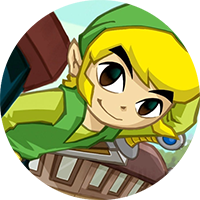
#15 - Spirit Tracks
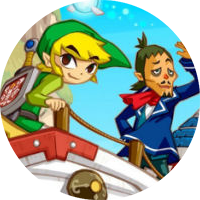
#14 - Phantom Hourglass
#13 - Skyward Sword

Skyward Sword, released in late 2011 – marking and end to the Wii’s dominating life cycle, was a significant point in the Zelda franchise, introducing several key features that would later influence future games in the series. The game’s focus on motion control mechanics, coupled with its use of a vibrant, impressionistic art style, set it apart from its predecessors. The game also introduced the concept of a “skyward realm,” a mysterious world floating above the land below, which players could explore using a bird-like creature called a Loftwing. Skyward Sword’s story delved deep into the origin of the series’ legendary Master Sword and Link’s relationship with, Zelda. These elements combined to create a truly immersive and unforgettable gaming experience, which would go on to inspire many future Zelda games.
However, despite its impact on the franchise, Skyward Sword was a polarising game among fans. Many praised the game’s motion control mechanics, while others found them frustrating and tedious. The game’s linearity also drew criticism, with players feeling limited in their exploration and adventure. Some fans also found the story’s focus on the relationship between Link and Zelda to be underwhelming. Nevertheless, the game’s impact on the Zelda franchise is undeniable, with its innovations and storytelling paving the way for many of the games that followed.


#12 - Oracle of Seasons/Ages
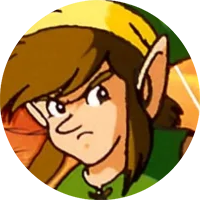
#11 - Zelda II: Link's Adventure
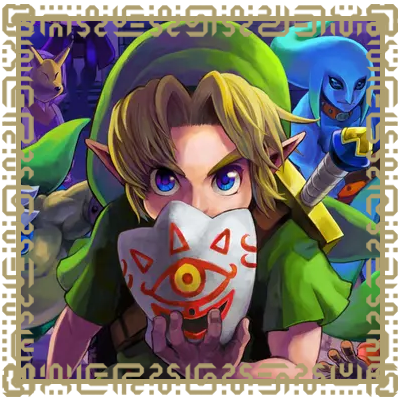
#10 - Majora's Mask

The Legend of Zelda: Majora’s Mask is often considered one of the most unique and innovative games in the franchise. Released in 2000 for the Nintendo 64, it was a direct sequel to the hugely successful Ocarina of Time. However, instead of rehashing the same gameplay and story, Majora’s Mask took a bold and creative direction by introducing a time-traveling mechanic that allowed players to relive the same three days over and over again, each time exploring new paths and solving different puzzles. The game also introduced a darker and more mature tone, with themes of grief, death, and redemption that resonated with many players.
Its unconventional gameplay and somber themes aided Majora’s Mask in becoming a commercial success, selling over 3.36 million copies worldwide. It was praised for its innovative mechanics, immersive world-building, and emotional storytelling. The game’s time-traveling mechanic was particularly praised, as it allowed for a non-linear narrative that encouraged players to experiment and explore. Majora’s Mask also introduced several memorable characters, such as the mysterious Happy Mask Salesman and the tragic Skull Kid, who became fan favourites. Overall, Majora’s Mask’s impact on the Zelda franchise was significant, as it showed that the series could successfully experiment with new gameplay mechanics and themes while still maintaining its core identity.

#9 - Minish Cap
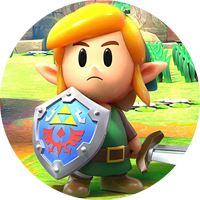
#8 - Link's Awakening
#7 - The Legend of Zelda
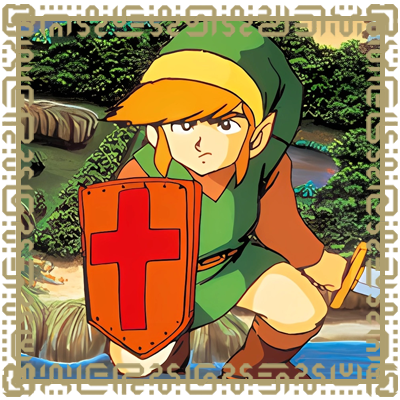
The Legend of Zelda (1986), is a timeless classic that set the foundation for the entire Zelda franchise. It was a groundbreaking game that revolutionised the action-adventure genre and introduced many innovative features that have become staples of the series. The game’s open-world design allowed players to explore the vast land of Hyrule in any order they wished, paving the way for non-linear gameplay that is now common in many games. It also introduced many iconic elements of the franchise, such as the Triforce, Link’s sword and shield, and the princess Zelda.
The Legend of Zelda was a massive commercial success, selling over 6.5 million copies worldwide and becoming the best-selling NES game of all time. The game’s popularity was due to its unique blend of exploration, puzzle-solving, and action that kept players engaged for hours. The game’s difficulty was also a major factor, as players needed to use their wits and skill to progress throughout the campaign’s many dungeons and defeat its challenging bosses. The Legend of Zelda set a new standard for video games and has inspired countless imitators over the years. Its legacy can still be felt in modern games and the franchise it spawned remains one of the most beloved in gaming history.


#6 - A Link Between Worlds
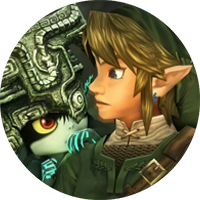
#5 - Twilight Princess
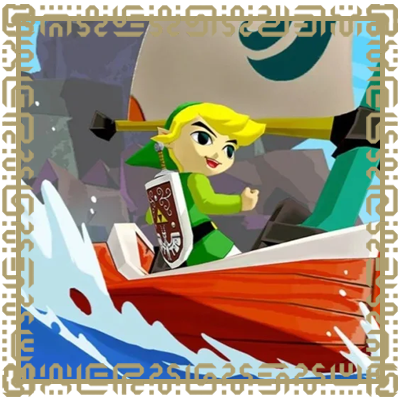
#4 - The Wind Waker

The Legend of Zelda: The Wind Waker remains a beloved entry in the Zelda franchise, released for the Nintendo GameCube in 2002. It was a major departure from the previous Zelda games in terms of its graphics, gameplay, and storytelling. The game featured a bright and colorful cel-shaded art style, which at the time was heavily criticised by fans who expected a more realistic approach. However, the game was a commercial success, selling over four million copies worldwide, and received critical acclaim for its unique approach to the Zelda formula.
In lieu of its commercial success, The Wind Waker was also a polarising title among fans. Some praised the game being different on an aesthetic front, with an engaging story, and memorable characters, while others were more critical toward it for its slower pace, repetitive gameplay, and the infamous “Triforce Quest.” Despite all this, the game’s impact on the Zelda franchise cannot be denied, as it introduced many new mechanics, such as sailing and the ability to control Link’s facial expressions, which would later be refined and reused in future games. The Wind Waker’s influence can be seen in later entries such as Breath of the Wild, which also featured a vast open world and a focus on exploration.
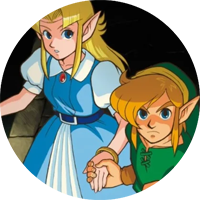
#3 - A Link to the Past
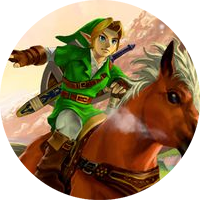
#2 - Ocarina of Time
#1 - Breath of the Wild

Breath of the Wild, the latest entry in the beloved Legend of Zelda franchise, was a game-changer that revolutionised the way we approach open-world game design. It marked a new era for the series, where the player’s freedom and exploration were at the forefront of the experience. The game’s vast open world was a seamless blend of traversal mechanics, combat, and puzzle-solving, with every nook and cranny of the land hiding secrets waiting to be uncovered. You were encouraged to experiment with different playstyles and approaches, making each player’s journey through Hyrule a unique and personalised experience. Its innovative approach to gameplay and storytelling made it a critical and commercial success, earning numerous awards and accolades including DashGamer’s 2017 Game of the Year.
Arguably, Breath of the Wild is the franchises’ most divisive title, as it marked a significant departure from the traditional Zelda formula that fans had grown accustomed to over the years. Some criticized the game’s weapon degradation, the lack of traditional dungeons in favour of shrines, and the absence of a linear storyline. However, these changes were precisely what made the game stand out, breathing new life into the franchise and appealing to a broader audience. The sheer size and scope, coupled with its captivating visuals, haunting soundtrack, and emotional story, make it a true masterpiece and the best entry in the entire series, solidifying the Legend of Zelda’s position as one of the most iconic and beloved franchises in gaming history.

